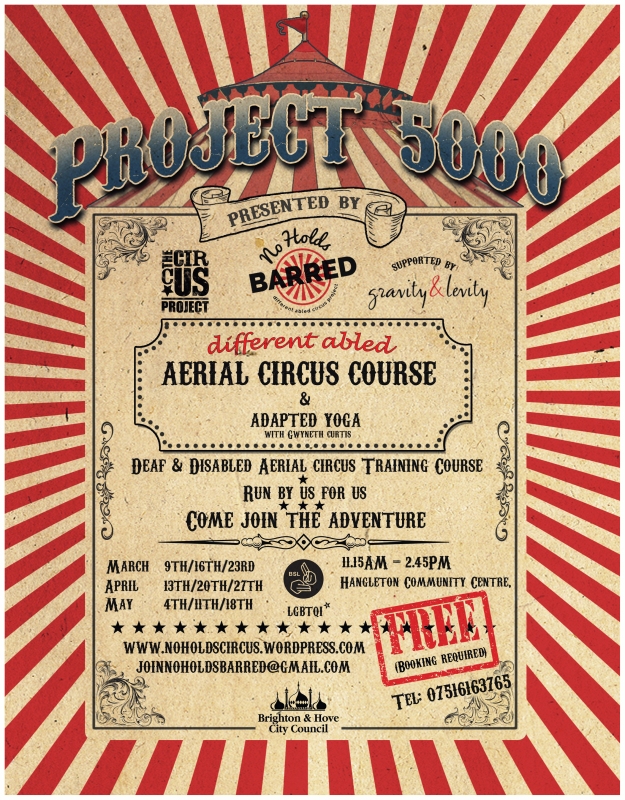EXCURSIONS JOURNAL 8:1
Call for Papers and Abstracts: ‘Networks’
Deadline for Symposium Abstracts: 31 July 2017
Deadline for Journal Articles: 31 October 2017

‘To operate within the matrix of power is not the same as to replicate uncritically relations of domination.’ Judith Butler, Gender Trouble (1990)
‘They have built tents across the campuses and lived there, both to show the impact indebtedness is having on their lives, to show that they need to move away from a university that is becoming more and more like a financial operation, more and more commercialised.’ Sylvia Federici, Education and the Enclosure of Knowledge in the Global University (2007)
‘One thanksgiving, Danny spent hours handing out flowers to people on a busy street. It was like he was trying to jumpstart a zone of contact in the world.’ Kathleen Steward, Ordinary Affects (2007)
The recent political turmoil, in both the US and European context, has made tangible the desire for dissolution of old networks of trade, communication and allies, and we find ourselves debating the formation of new structures, and their impact on the everyday as well as the political hierarchy. In the meantime, networks of resistance to the right have sprung up: the Women’s March on Washington found itself in solidarity with sister marches across the globe; people across Britain and the US wore safety pins to mark themselves as a resource for immigrants made newly vulnerable. Divided across the political spectrum, what these political happenings have in common is a belief in the plasticity of networks and the potential they have to create an alternative to the present.
Equally, developments in technology have enabled intimate surveillance of our everyday lives, increasing the potential for intrusion and violence, by both governments and corporations. Networks can be deeply conservative, restructuring academic and professional fields which are often rendered invisible in the process. Mechanisms of control, corporate or professional networks, and the norms/practices that constitute them, can ingrain societal exclusion and privilege.
Environmental crises, war and migration demonstrate how seemingly disparate processes are deeply networked and how both social, natural and technical systems are mutually constitutive. This highlights the need to be aware of the networked complexity of the world, and the entanglement of human and nonhuman phenomenon, which is crucial to make sense of the world in which we exist.
Excursions Journal are seeking abstracts of 250 – 300 words for a symposium due to take place at the University of Sussex on 27 September 2017, and journal articles of 3000-5000 words. We are interested in receiving submissions from a range of disciplines that engage with instances, contemporary and historic, where the networks we have established matter. This could include, but is not limited to:
- How networks in our historical approaches help us to better understand our present moment, or reinterpret our narratives of the past
- Representations of networked practices in art, literature and music
- Spatialisation, architecture and place
- Economic networks of production, distribution and/or exchange
- Telecommunication, technology and surveillance, conspiracy, and in/visibility
- How networks structure organisations and hierarchies, engaging with networks of power, politics, social mobility and privilege
- How networks are embodied, and how networks create and construct feelings of belonging and/or isolation
- Migration and borders in relation to local, national and international networks
- The role networks play in constructing identity and identity politics, issues of race, gender and queer networks
- The transmission of ideas and practices through networking
- Academic networks and critiques of these, looking inward as well as outward, considering professional networking, and collaborative practice
- Inclusion, access and discrimination in the public and/or private spheres
- Use of complexity theory or speculative entropy to understand social and practical issues
- Religion, intentional communities, protest networks and the project of humanity
The deadline for abstract submissions for the symposium is 31 July 2017, abstracts should be between 250 – 300 words, and include a short author bio (no more than 50 words). Please submit via enquiries@excursions-journal.org.uk
The deadline for journal submissions is 31 October 2017. Scholarly papers should be between 3,000 and 5,000 words and must follow Harvard style guidelines. We also encourage creative submissions in media such as film, photography, or audio. For creative submissions, please include an abstract and a brief biography (no more than 150 words) along with your submission. All enquiries should be directed to enquiries@excursions-journal.org.uk. To submit your work, register with us here









